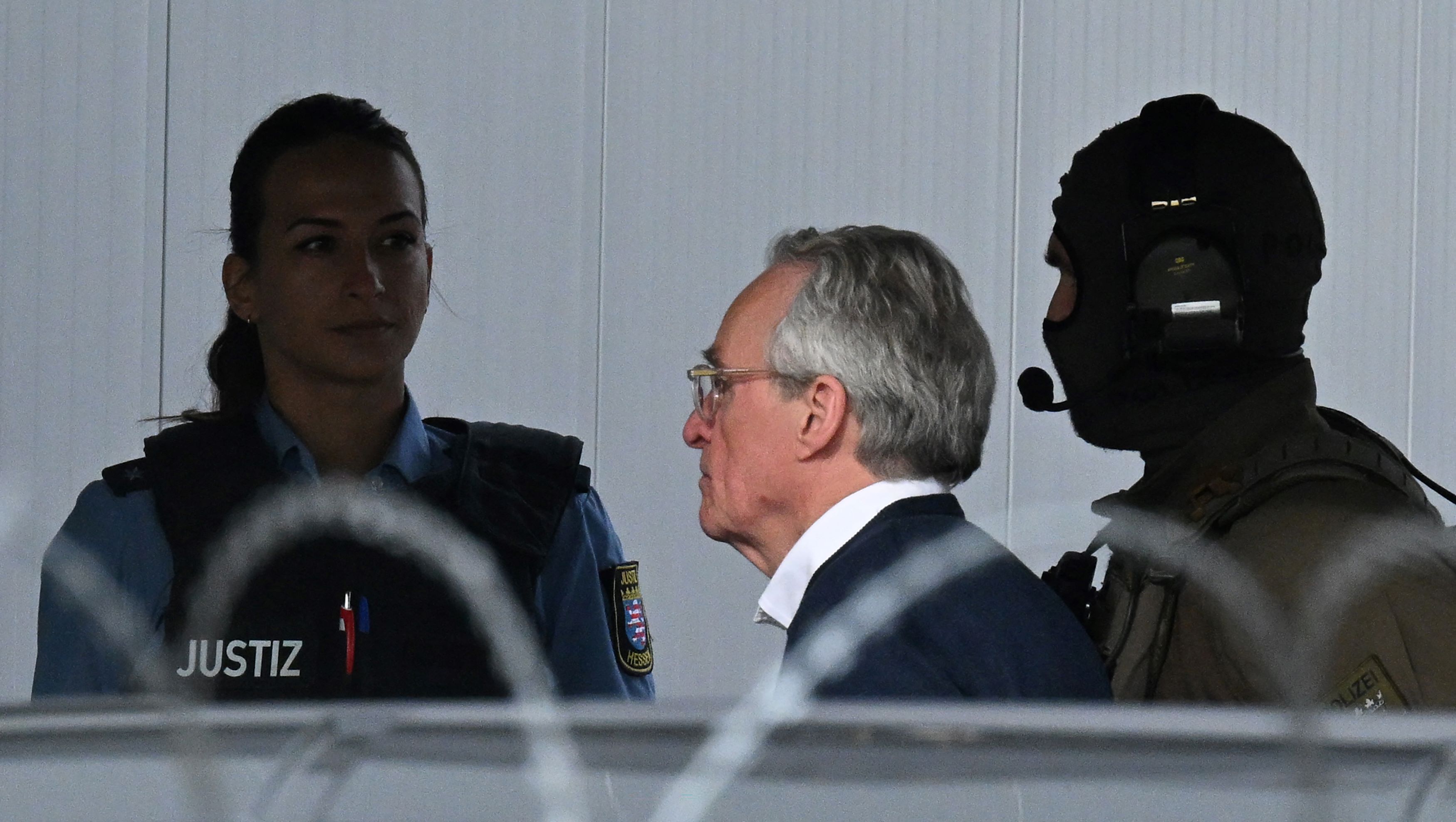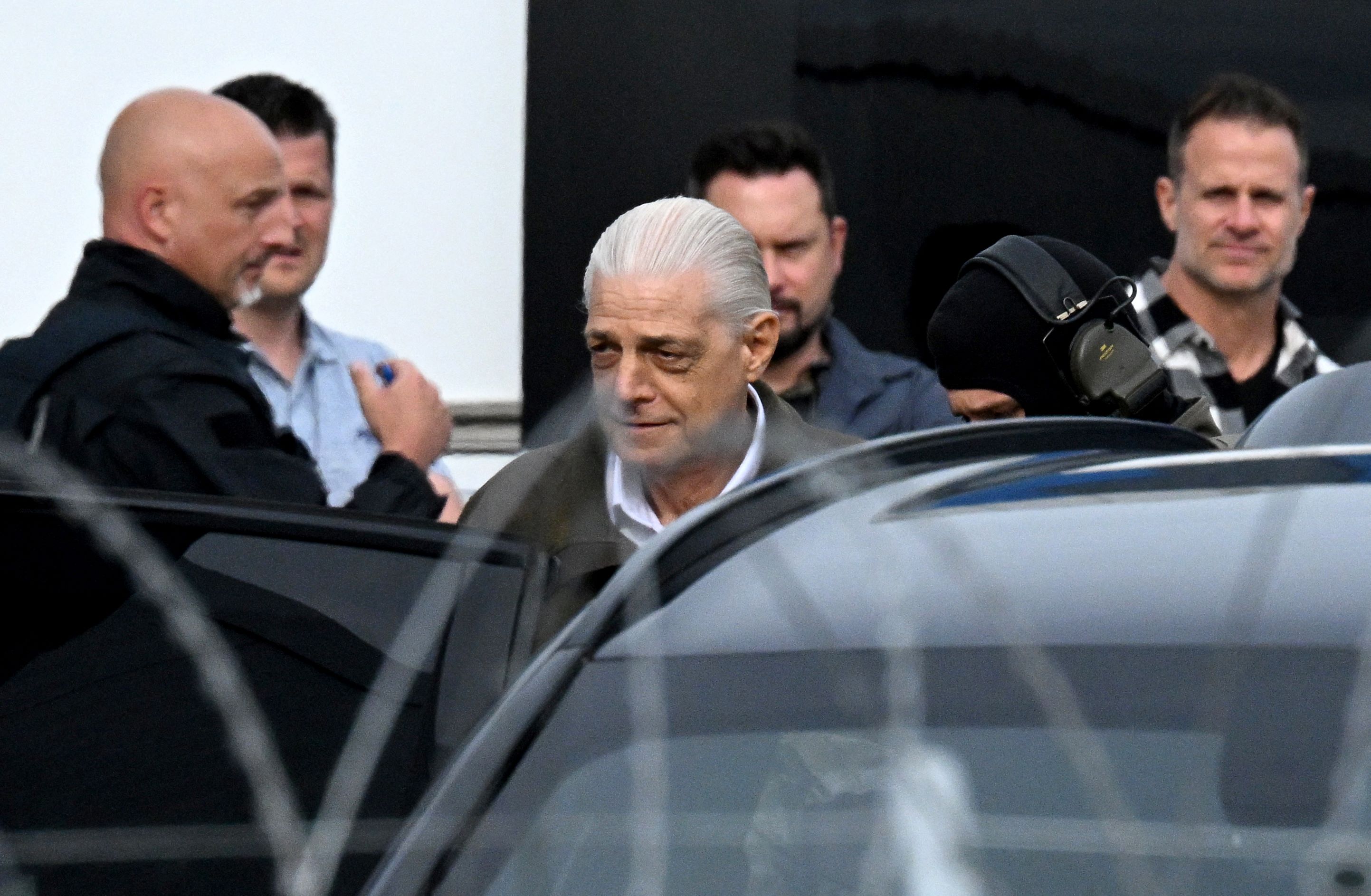
FRANKFURT - A would-be prince, a former judge and parliamentarian and retired military officers are among nine alleged conspirators who stand trial on Tuesday for a suspected "Reichsbuerger" plot to overthrow Germany's democracy.
Prosecutors say they were ringleaders in a terrorist plot to topple the German government and install property investor Heinrich XIII Prinz Reuss, scion of a now throneless dynasty, as a caretaker head of state.
The case, to be held in a maximum-security courtroom on the outskirts of Frankfurt, is the second to open against members of a conspiracy involving at least 27 people.
ALSO READ: Germany's 'Reichsbuerger' coup suspects go on trial
The defendants taking their seats behind bullet-proof glass on Tuesday constitute what prosecutors say would have been political and military leaders of a plot to storm parliament and detained legislators to initiate their seizure of power.
Tuesday's defendants include former army officers Maximilian Eder and Ruediger von Pescatore, and former judge and far-right ex-parliamentarian Birgit Malsack-Winkemann
"They knew their seizure of power would involve killing people," prosecutors wrote.
The defendants have denied charges of terrorism and high treason.
Prosecutors say they are adherents of the "Reichsbuerger" (Citizens of the Reich) belief system, which holds that today's German state is an illegitimate facade and that they are citizens of a German monarchy which, they maintain, endured after Germany's defeat in World War I – despite its formal abolition.
Security services say the conspiracy theory, which has parallels to the QAnon movement that fuelled the Jan 6, 2021 storming of the US Capitol, has some 21,000 adherents nationwide.
Nine accomplices who prosecutors say would have imposed martial law after a putsch went on trial in Stuttgart last month.
READ MORE: German prosecutors charge 27 over far-right coup plot
Tuesday's defendants include former army officers Maximilian Eder and Ruediger von Pescatore, and former judge and far-right ex-parliamentarian Birgit Malsack-Winkemann.

Prosecutors say Malsack-Winkemann used her parliamentary privileges to escort several of her co-conspirators around the Reichstag building in Berlin in a scoping exercise to plan the putsch.
Ringleaders are accused of seeking the backing of Russian officials, including during meetings at Russian consulates in Germany and in the Slovak capital Bratislava.
This reflected their belief that an "Alliance" of victor countries, including Russia and the United States, stood ready to support the resurrection of the real, submerged Germany that would replace today's post-World War II republic.
READ MORE: German lawmakers want security review after failed coup plot
The suspects reject the charges against them. Eder told Stern magazine in an interview given from prison that the parliamentary tour had been intended to find suitable locations to accost lawmakers over what he believed was their involvement in a child molestation ring.
Prosecutors say the conspiracy had 500,000 euros in funds and had gathered over 100,000 rounds of ammunition.


